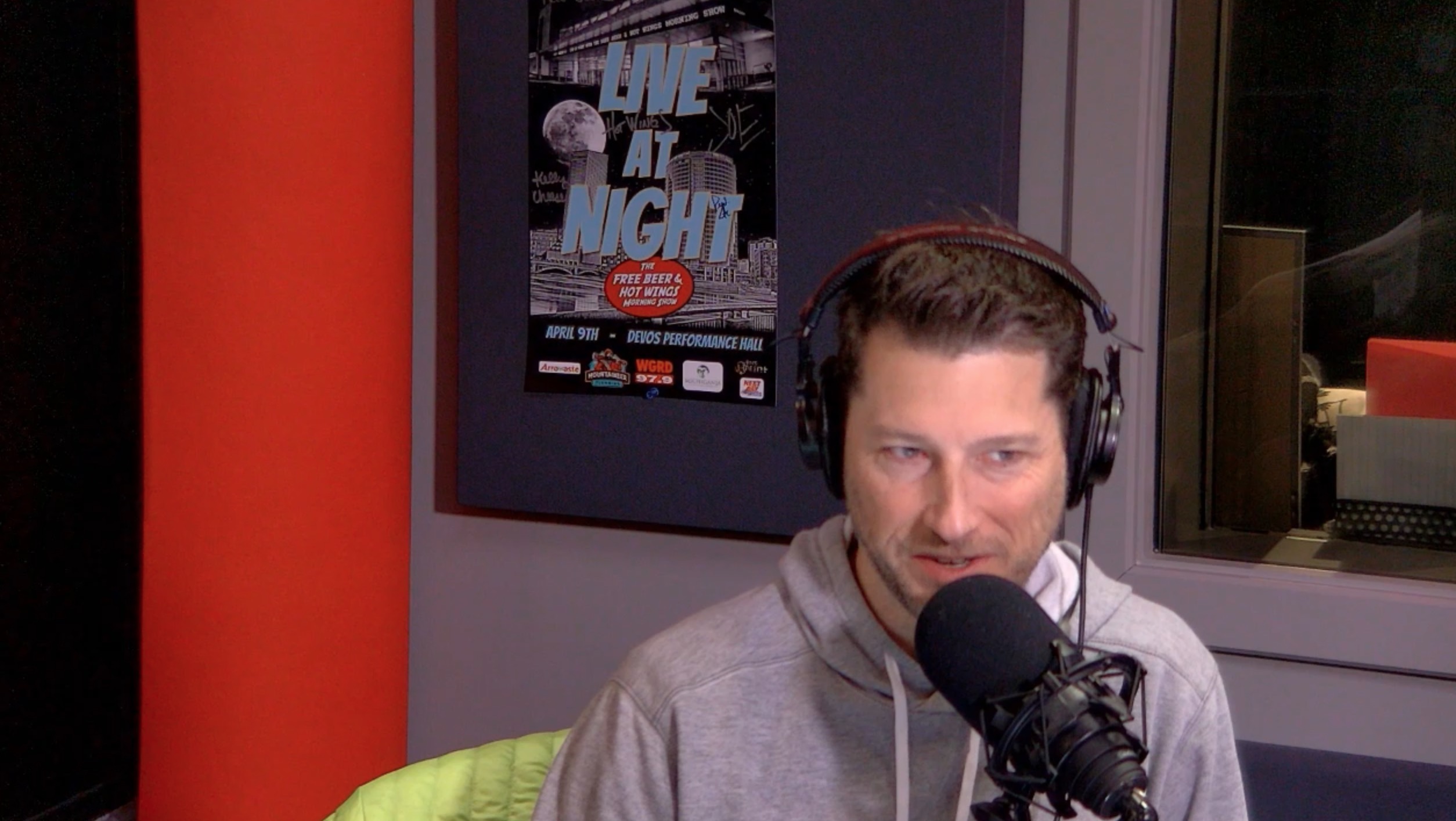Maximize Your Twitter Impact: The Ultimate Guide to Image Sizes
Are your Twitter images getting lost in the feed? In today's visually-driven social media landscape, using the correct Twitter image sizes is crucial for grabbing attention and maximizing your engagement. A poorly sized image can be cropped awkwardly, appear blurry, or even be completely ignored. This comprehensive guide will equip you with the knowledge to optimize your visual content for Twitter success.
Understanding Twitter's recommended image dimensions is like speaking the platform's language. It ensures your visuals are displayed correctly across various devices, from desktops to smartphones. This is essential for conveying your message effectively and making a lasting impression on your audience. Imagine spending hours crafting the perfect tweet, only to have its accompanying image appear distorted and unprofessional.
Navigating the world of Twitter image dimensions can be daunting, especially with frequent platform updates. From profile pictures and header photos to in-stream images and Twitter Cards, each element has its own set of optimal dimensions. This guide aims to simplify the process, providing a clear and concise overview of the ideal dimensions for various Twitter image types.
While the precise optimal dimensions may change periodically with platform updates, the underlying principles remain constant: clarity, consistency, and visual appeal. By adhering to the recommended Twitter image guidelines, you can ensure your visuals contribute positively to your brand identity and online presence. This guide will delve into these principles, providing practical tips and examples to help you optimize your Twitter imagery.
Let’s explore the evolution of Twitter image specifications. In its early days, Twitter was primarily text-based, with image sharing being a later addition. As the platform evolved, so did the importance of visual content. Understanding this evolution helps us appreciate the current emphasis on optimized imagery and its impact on user engagement. From simple square images to the various Twitter Card formats, the journey of visual content on Twitter reflects the growing importance of visual communication in the digital age.
The correct dimensions for a Twitter profile picture are 400x400 pixels. For headers, the recommended size is 1500x500 pixels. In-stream images are optimally displayed at a 2:1 aspect ratio, with a maximum width of 1024 pixels. Twitter Cards, which allow for richer media experiences, have specific dimensions depending on the card type (e.g., Summary Card with Large Image, App Card, Product Card). Always refer to Twitter’s official documentation for the most up-to-date information on dimensions.
Three key benefits of using the correct Twitter image dimensions are: increased engagement (clear, compelling visuals attract more clicks and retweets), improved brand perception (professional-looking images enhance your brand’s credibility), and enhanced storytelling (visuals can complement your text, adding depth and context to your message). For example, a visually appealing infographic can effectively summarize complex data, making it easier for your audience to understand and share.
To effectively implement optimal Twitter image sizes, first, identify the type of image you are using (profile, header, in-stream, etc.). Next, consult Twitter's official guidelines for the recommended dimensions. Then, resize your image using a graphic design tool. Finally, preview the image on different devices to ensure it appears as intended.
Advantages and Disadvantages of Adhering to Twitter Image Sizes
| Advantages | Disadvantages |
|---|---|
| Improved visual appeal | Requires time for image resizing |
| Increased engagement | Need to stay updated on changing specifications |
Best Practice 1: Use high-resolution images. Best Practice 2: Optimize image file size for faster loading. Best Practice 3: Ensure images are relevant to your tweet content. Best Practice 4: Use consistent branding elements in your visuals. Best Practice 5: Test different image formats (JPEG, PNG, GIF) to determine what works best.
Example 1: A company uses a visually striking infographic to summarize its annual report. Example 2: A non-profit organization uses a compelling image to promote a fundraising campaign. Example 3: A news outlet uses a high-quality image to accompany a breaking news story.
Challenge 1: Keeping up with changing image size recommendations. Solution: Regularly consult Twitter's official documentation. Challenge 2: Difficulty resizing images without losing quality. Solution: Use professional-grade graphic design software.
FAQ 1: What are the ideal dimensions for a Twitter header image? FAQ 2: How can I optimize my Twitter profile picture? FAQ 3: What is the best aspect ratio for in-stream images?
One helpful trick is to create templates for your most frequently used Twitter image types. This saves time and ensures consistency across your visual content.
In conclusion, mastering Twitter image sizes is a vital aspect of successful social media marketing. Optimizing your visuals for the platform ensures your message is delivered effectively, enhancing engagement and brand perception. By following the recommendations outlined in this guide and staying up-to-date with Twitter's evolving image specifications, you can maximize your visual content's impact and achieve your Twitter marketing goals. Take the time to properly size and optimize your images. The investment will pay off in increased engagement, a more professional online presence, and ultimately, a stronger connection with your audience. Don't let poorly sized images diminish your message – invest in visually appealing content that captures attention and leaves a lasting impression.
Unmasking the mayhem a look into fnaf react to afton family song youtube
Koh maks hidden gems unforgettable island adventures
Discover the treasures mga sikat na produkto sa cavite














